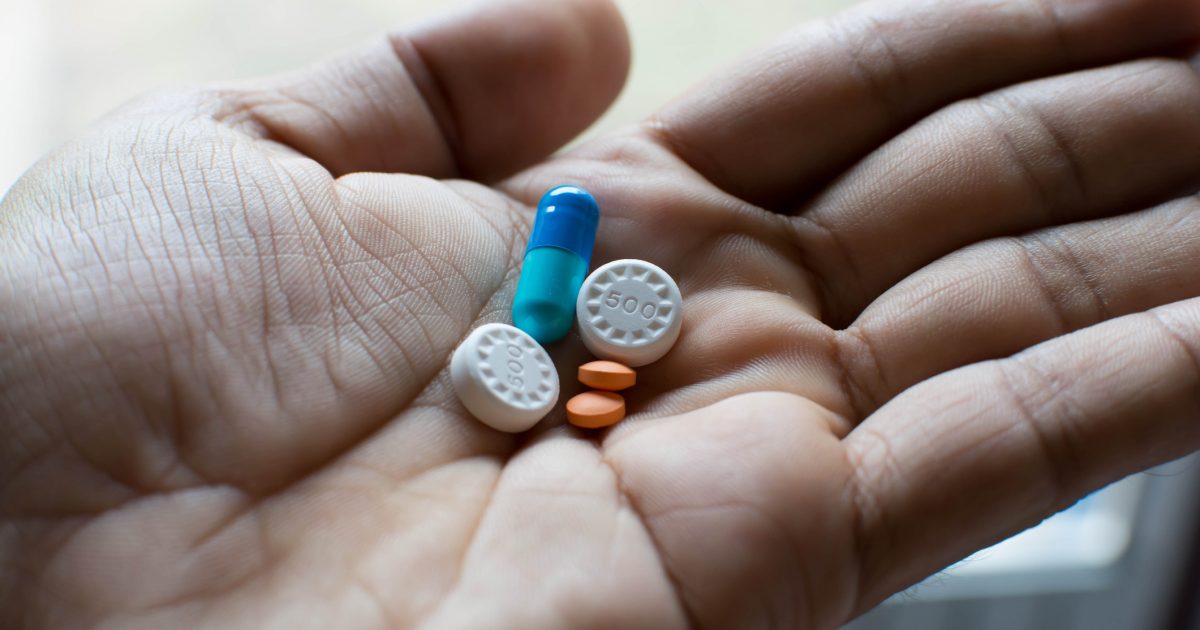How To Treat Primary Sclerosing Cholangitis
Take Antibiotics

Individuals affected by primary sclerosing cholangitis will have to take antibiotics often and sometimes on a long-term basis. When the bile ducts become obstructed, and bacteria makes its way into the biliary, gallbladder, or liver tissues, an infection can develop. Antibiotics are often given to primary sclerosing cholangitis patients when any infections emerge. However, in some cases, it is better to place an individual with this condition on a long-term course of preventative antibiotics than it is to continue treating infections as they occur. When bacterial infections are treated with numerous antibiotics in short periods, the infection causing bacteria will learn how to evade the action of each frequently used antibiotic. Another circumstance that calls for the use of antibiotics in the course of primary sclerosing cholangitis treatment is when an individual is undergoing any type of invasive procedure. Even minimally invasive procedures can significantly increase a patient's susceptibility to developing an infection. If antibiotics become ineffective at treating infections of the bile ducts, a liver transplant may be needed.